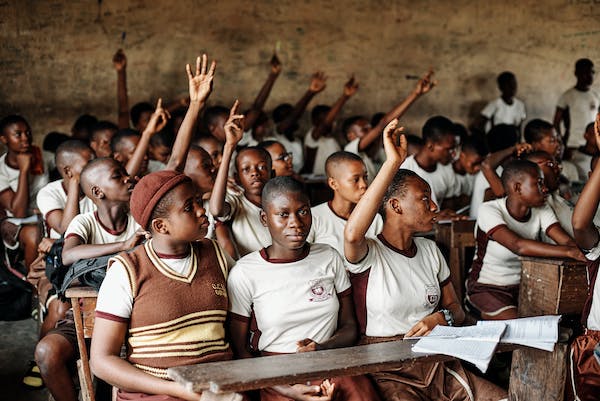Social media platforms have become powerful tools in shaping political discourse in Nigeria. With the rise of social media, citizens now have a platform to express their opinions, engage in discussions, and influence public opinion on political matters.
In Nigeria, social media has played a significant role in mobilizing citizens for political movements and protests. It has provided a space for individuals to voice their concerns, share information, and rally support for various political causes.
Furthermore, social media platforms have allowed politicians to directly connect with their constituents and engage in real-time conversations. This has enabled them to communicate their policies, address concerns, and gain feedback from the public.
However, it is important to note that the impact of social media on political discourse is not without challenges. The spread of fake news and misinformation through these platforms has raised concerns about the credibility of information shared online. Additionally, social media can also be a breeding ground for hate speech and divisive rhetoric.
Despite these challenges, there is no denying that social media has transformed the landscape of political discourse in Nigeria. It has given a voice to marginalized groups, facilitated transparency in governance, and encouraged civic participation. As technology continues to evolve, it will be interesting to see how social media further shapes the future of politics in Nigeria.


